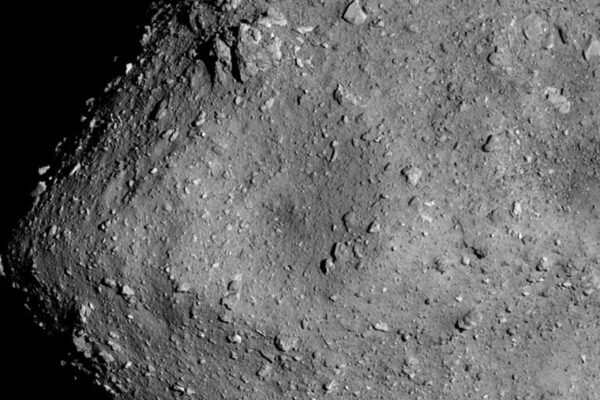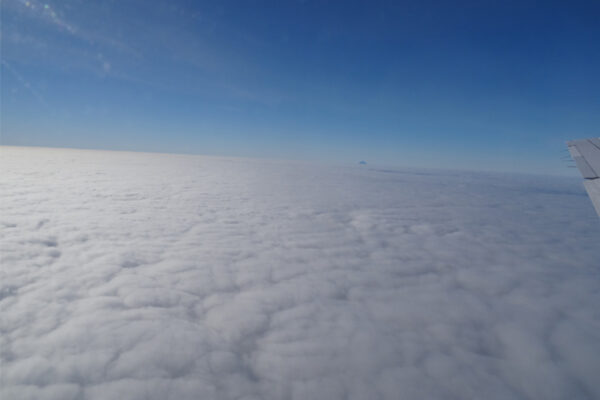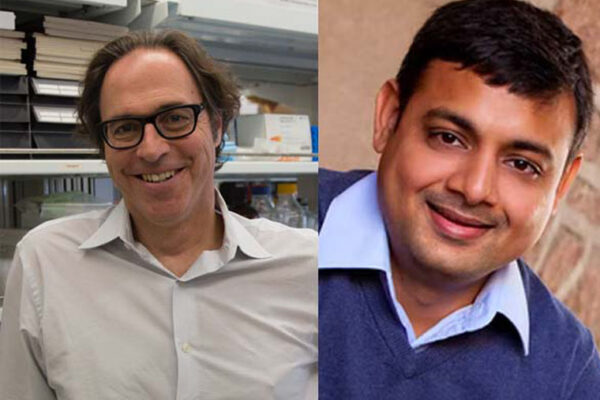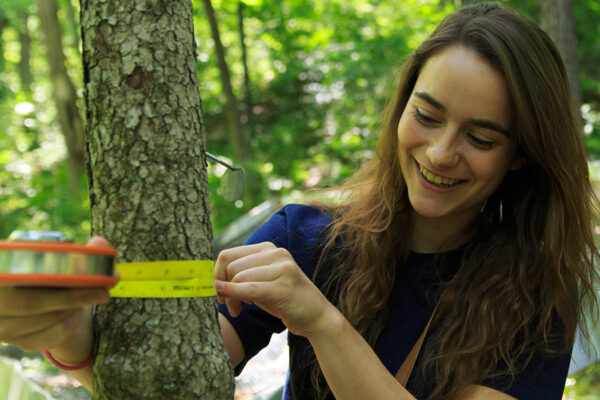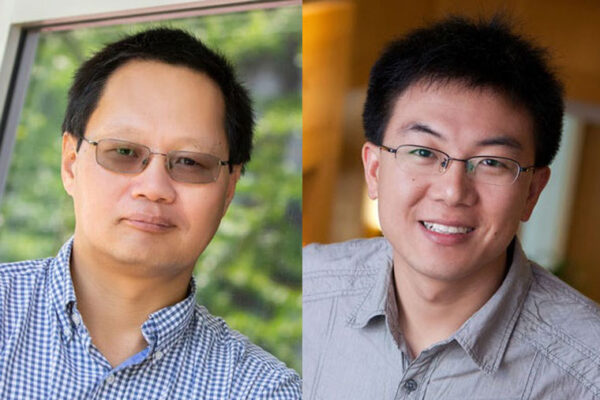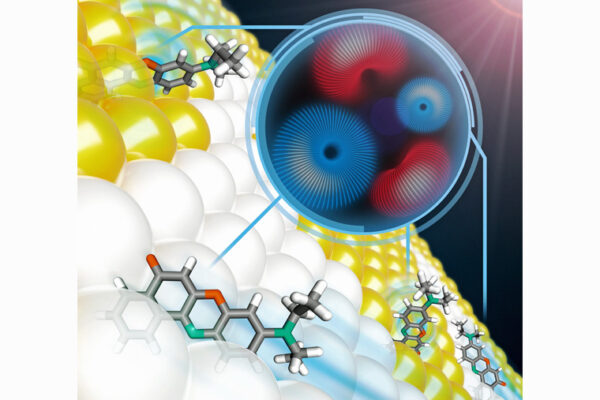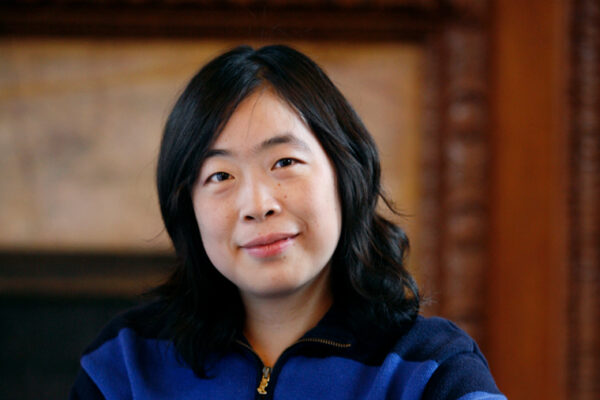SSRI use during pregnancy not related to childhood depression
New analysis of the Adolescent Brain Cognitive Development Study by Ryan Bogdan’s lab in Arts & Sciences finds no link to depression in children with prenatal exposure to selective serotonin reuptake inhibitors (SSRI) drugs.
Asteroid samples offer chance to study chemically pristine solar system materials
Sachiko Amari, research professor of physics in Arts & Sciences, is part of the international team that described results from the first sample-return mission to a carbonaceous asteroid, the JAXA Hayabusa2 mission to asteroid Ryugu. The study was published June 9 in Science.
Where are the particles over the oceans from?
Jian Wang, professor at the McKelvey School of Engineering, will lead a research team that will analyze field study data to better understand how aerosol particles form over open oceans and their impact on cloud properties with a three-year $457,778 National Science Foundation grant.
Researchers receive NSF grant
Joan Strassmann and David Queller, both in Arts & Sciences, received a $141,578 supplemental award from the National Science Foundation for research on amoeba-bacteria cooperation.
Researchers to study leader cells in breast cancer model
Gregory D. Longmore, MD, at the School of Medicine, and Amit Pathak, at the McKelvey School of Engineering, will study the cells that lead the migration of deadly tumor cells through the body with a five-year $2.54 million National Institutes of Health (NIH) grant.
Zhang lab takes on cyber-physical system hackers
Research from the lab of Ning Zhang at the McKelvey School of Engineering shows a new way to keep people safe when a hacker attacks.
The space between us
Arts & Sciences biologists from the lab of Jonathan Myers determined that tree beta diversity — a measure of site-to-site variation in the composition of species present within a given area — matters more for the ecosystem than other components of biodiversity at larger scales.
Protein delivery may help treat diabetic limb problems
A $2.3 million National Institutes of Health (NIH) grant will fund Jianjun Guan and Fuzhong Zhang’s effort to develop and deliver therapeutic proteins to help treat injured limbs.
Lew lab sheds new light on cell membranes
Researchers in the Lew lab in the McKelvey School of Engineering are using light in novel ways to better image biological samples.
Yang wins German research award
The McKelvey School of Engineering’s Lan Yang has been selected to receive the Friedrich Wilhelm Bessel Research Award. Given by the Alexander von Humboldt Foundation, the award recognizes distinguished scientists in any discipline.
Older Stories

